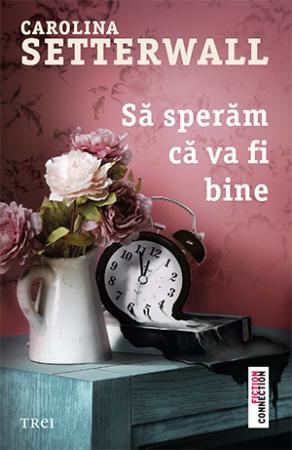What do you think?
Rate this book


448 pages, Paperback
First published March 2, 2018
The first chapter of this book promises to be some kind of mystery with an email received that sounds like an omen. Then you read along and you realise it's actually autobiographical because the main character and the author share names and traits and have a son called Ivan. For some reason, it is categorized as a novel, but as far as I'm aware not a mystery. I tried to keep reading to see if there was an objective reason for that strange email received on the first chapter but eventually I just gave up, it was too much of a chore. I have utmost sympathy for the author's plight (though she definitely doesn't need my sympathy, I'm just a stranger) as she lost her partner very soon and under very difficult circumstances. Throughout the book she describes the death and the days/weeks/months that followed it, alternating it with the story of how she met her partner. The death chapters are extremely detailed and sad, of course - quite grim, as you would expect. But the other chapters were also lackluster: she describes the relationship - the good things and the difficulties but the partner always feels very far away - even when he was alive, he didn't come alive in this book, I'm sorry to say. I am however glad that the author was able to write about this event and hopefully find some catharsis in the process.